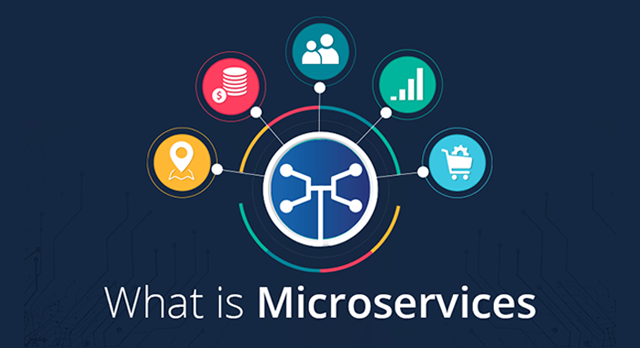Microservices Tutorial

Microservices Architecture: Azure and AWS
Welcome to the “Microservices Architecture” course, where we embark on a journey into the transformative world of microservices. In an era defined by agility, scalability, and rapid software delivery, microservices architecture has emerged as a paradigm-shifting approach. This course is designed to equip software developers, architects, and IT professionals with the knowledge and skills needed to understand, design, and implement microservices-based systems.
Course Overview:
- Introduction to Microservices Architecture:
- Explore the foundational concepts of microservices architecture.
- Understand the motivations and advantages of adopting a microservices approach.
- Key Characteristics of Microservices:
- Delve into the essential characteristics that define microservices.
- Understand the principles of modularity, independence, and decentralized data management.
- Design Principles and Patterns:
- Learn design principles and patterns specific to microservices.
- Explore strategies for defining boundaries, communication patterns, and data management.
- Containerization and Orchestration:
- Understand the role of containers (e.g., Docker) in microservices deployment.
- Explore container orchestration tools (e.g., Kubernetes) for managing microservices at scale.
- API Gateways and Service Discovery:
- Delve into the importance of API gateways in microservices architectures.
- Explore service discovery mechanisms for dynamic and scalable service communication.
- Event-Driven Architecture:
- Explore the concept of event-driven architecture in microservices.
- Understand the role of events and message queues for asynchronous communication.
- Continuous Integration and Deployment (CI/CD) for Microservices:
- Learn how CI/CD practices are adapted for microservices.
- Explore strategies for automated testing and deployment in a microservices environment.
- Monitoring and Observability:
- Understand the challenges of monitoring microservices.
- Explore tools and practices for ensuring observability in distributed systems.
- Security in Microservices:
- Delve into security considerations specific to microservices.
- Explore strategies for securing microservices communication and data.
- Scaling Microservices:
- Learn strategies for scaling microservices horizontally and vertically.
- Understand the challenges and benefits of scaling individual microservices.
Who Should Take This Course:
- Software Developers and Engineers
- System Architects and Designers
- DevOps Engineers
- IT Managers and Decision-Makers
Conclusion:
The “Microservices Architecture” course is your guide to transforming the landscape of software development. Whether you’re a seasoned developer, an architect, or an IT professional, this course provides the knowledge and practical insights needed to navigate the intricacies of microservices architecture. Join us in embracing agility, scalability, and innovation in the world of software design and delivery. Welcome to the forefront of microservices excellence!
